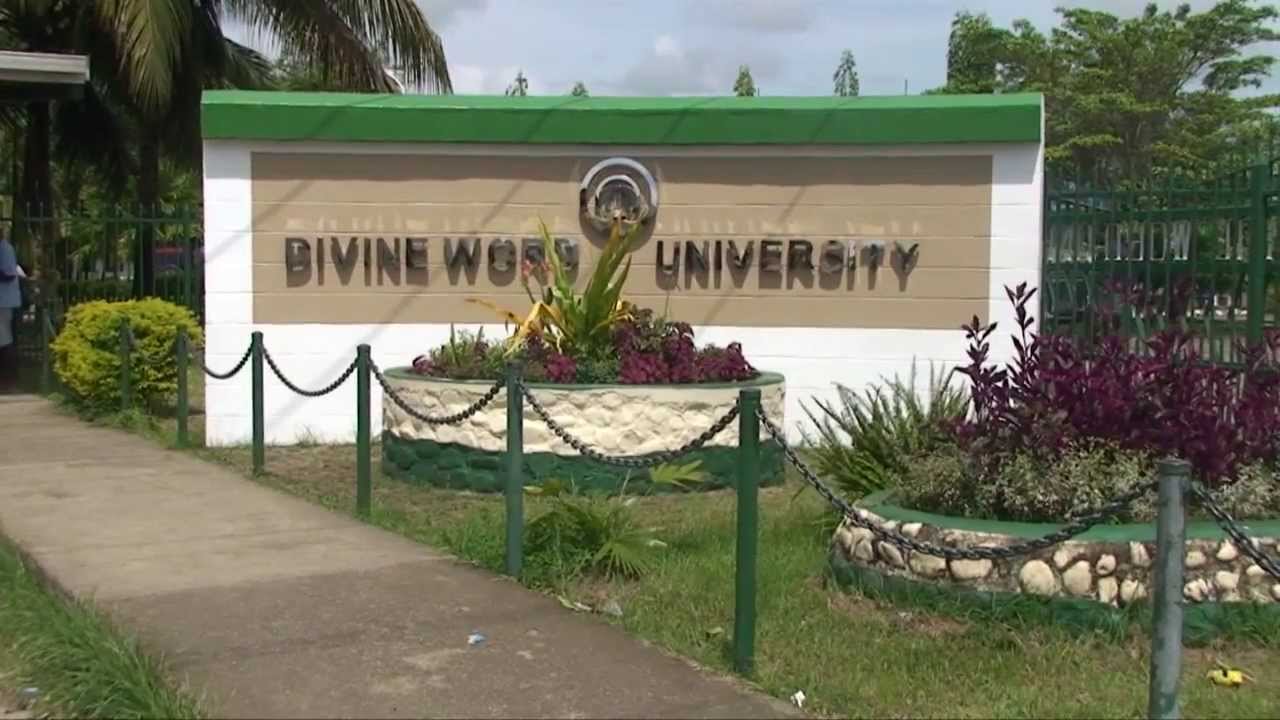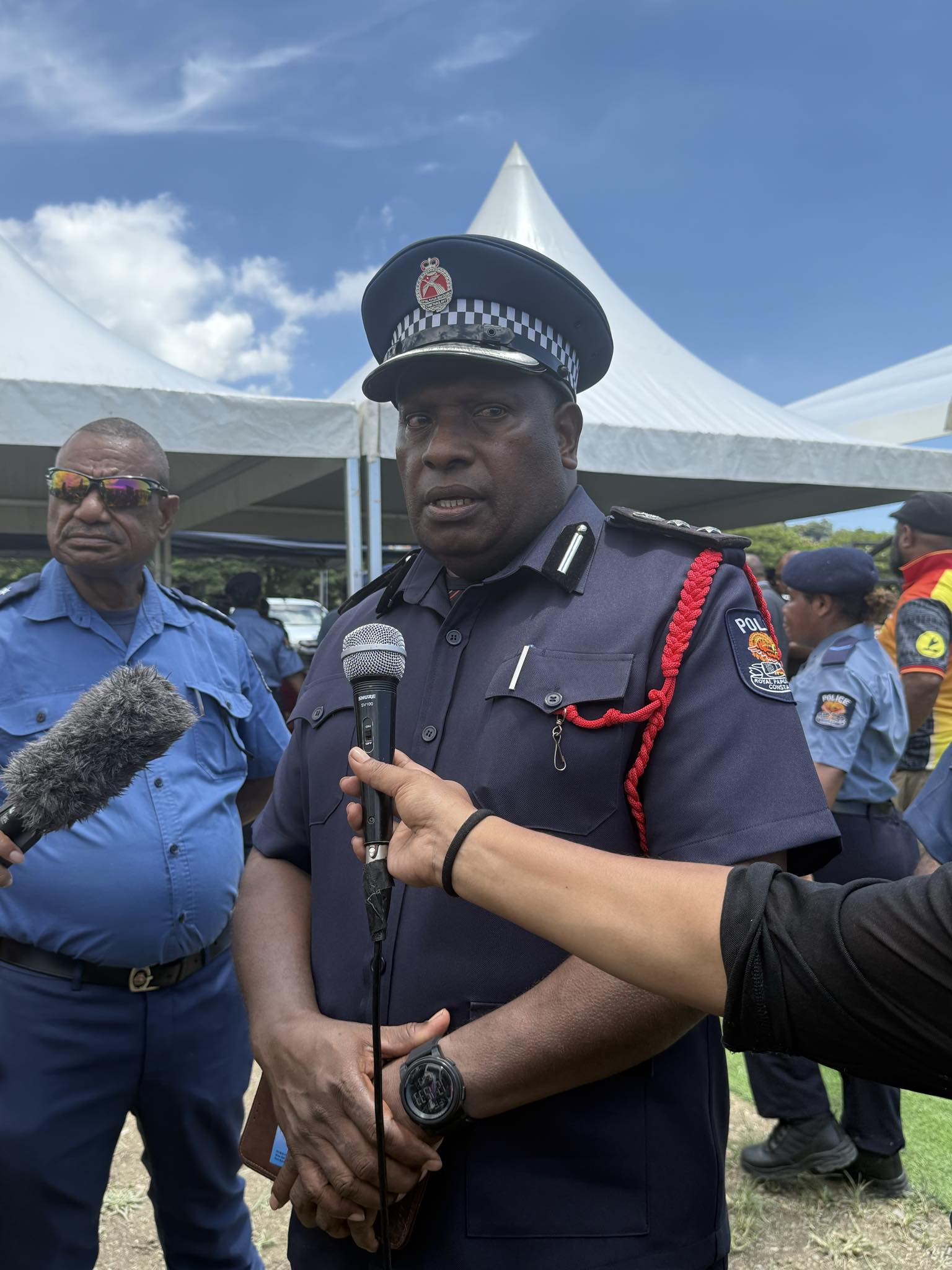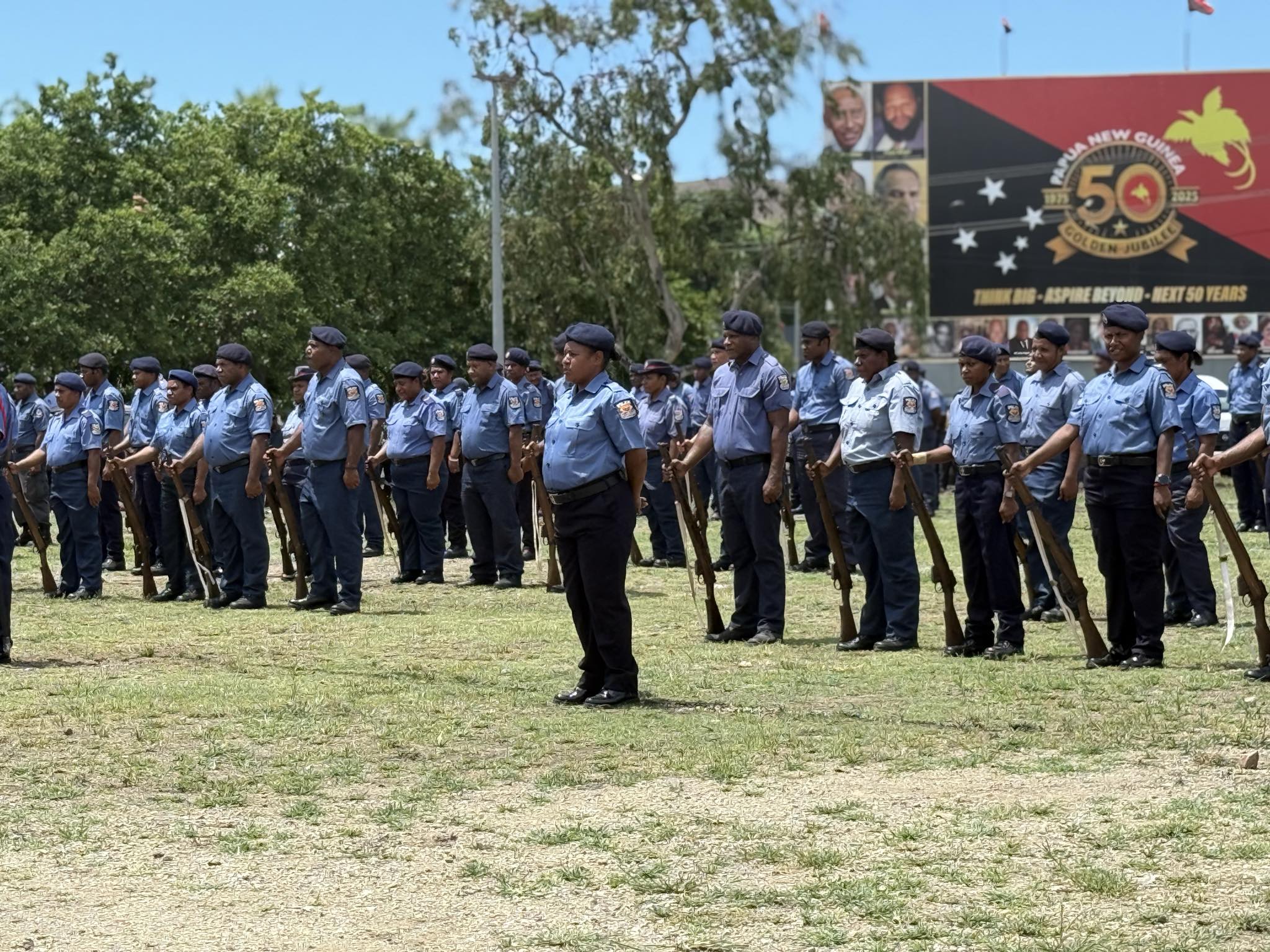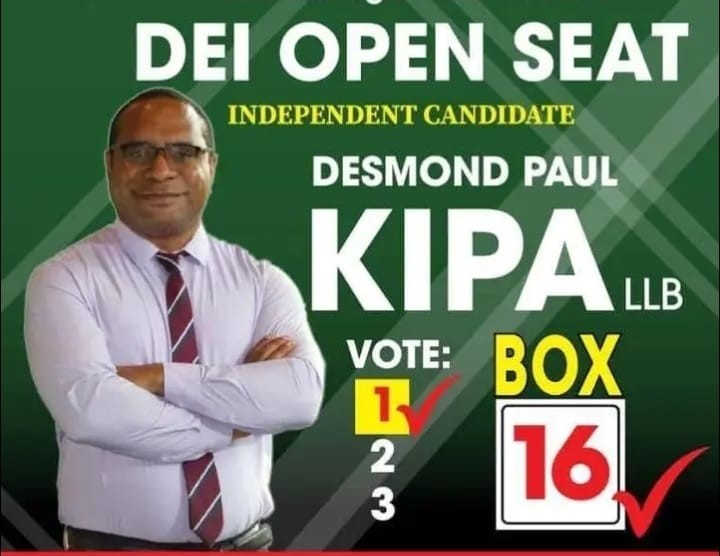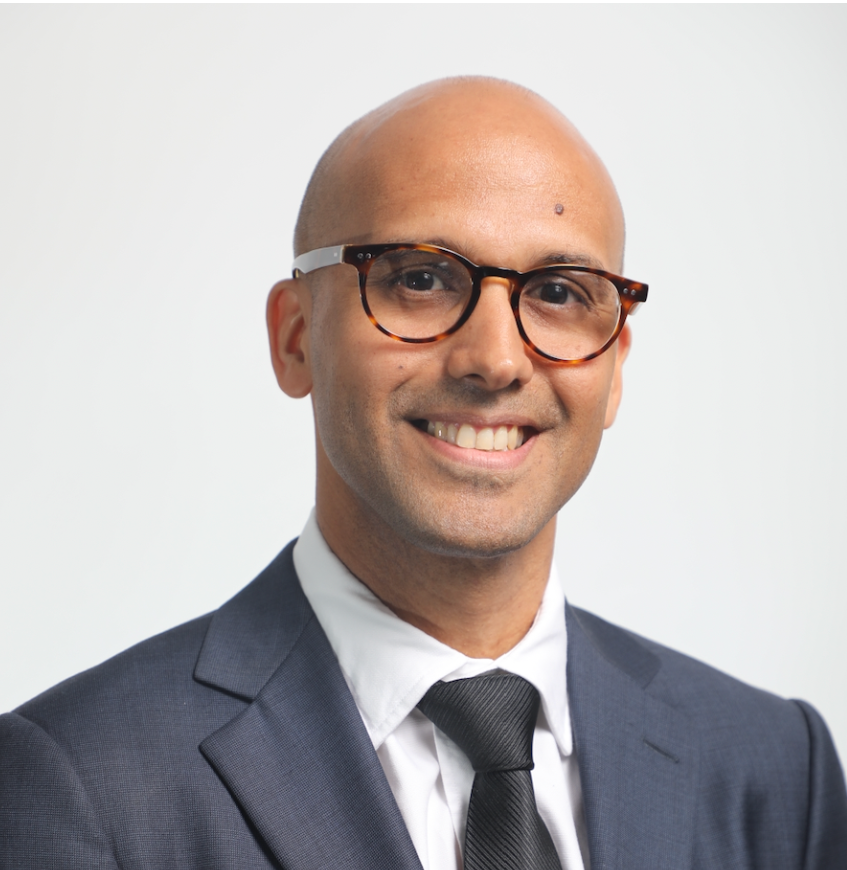Chief Executive Officer (CEO) of Port Moresby General Hospital (PMGH) Doctor Paki Molumi, said that the hospital has made a definitive decision, based on the advice of its clinical team, to not provide a referral letter for the conjoined twins under their care to be sent to an overseas facility.
The hospital management, administration, and board have unified in their position, stating that referring the patients at this stage poses a “huge risk” due to the severity and complexity of their congenital anomalies.
“The primary reason for the decision is the clinical assessment of the twins’ condition.”
The twins who were born at the Angau Memorial General hospital in Morobe province, were admitted to PMGH on October 15 where they are now receiving critical care.
He emphasized that the decision is “purely based on medical conditions,” not financial constraints.
In terms of risk assessment, the clinical advice is that transferring the babies is a risky path.
“The hospital is unwilling to take on the risks and responsibilities associated with a referral, especially considering the likelihood of the outcome remaining the same, whether the surgery is performed or not.”
He further suggested that pushing for a referral, knowing the potential outcome, would give the parents false hope.
Dr. Molumi said that the twins present multiple shared and defective vital organs, making any intervention extremely challenging outlining the shared organs, explaining them in layman’s terms to the parents:
• One single kidney
• Very small lungs (both twins)
• One liver
• One bladder
• Shared portions of the gastrointestinal tract and rectum
• One of the twins has a congenital heart disease
• Spinal lesions
“The babies are quite small, with a combined weight of less than three kilograms at three weeks old.”
In addition, clinical advice, including consultation with Australian specialists, suggests immediate surgery is not a priority.
“The twins need time to grow, be fed, and mature before any separation surgery can be considered.”
He also confirmed that even before the babies arrived from Angau Memorial Hospital in Morobe province, there had already been discussions about sending them to Sydney.
The hospital continued these discussions with its Australian counterparts, including teams from the Sydney Children’s Hospital and visiting professor Trevor Duke from the Royal Children’s Hospital in Melbourne.
After taking into consideration the discussions and assessment, the hospital reached the decision that referral was a significant risk.
“We have also escalated the matter to the Secretary of Health and the Australian Government, who are ready to assist if the hospital decides to proceed with a course of action like surgery that would require their support.”
Despite the hospital’s official position against a formal referral, he stated that PMGH is happy to support any organization or any non-government organizations (NGOs) who are willing to take on this case and refer the twins to facilities anywhere in the world.
He also stated that PMGH is willing to communicate with suitable hospitals, doctors, and surgical teams and also provide the necessary clinical information, medical reports, and medical images to support any led referral.
The twins remain under the care of PMGH. They are currently tolerating feeds, with the stronger twin (Twin Two) taking up to 30ml of milk via a tube.
The clinical team is managing infection and providing other appropriate treatment, such as oxygen, when needed.
The parents have undergone continuous counselling by a multidisciplinary team, including surgeons, paediatric anaesthetists, and social workers.
The goal is to ensure the parents fully understand the complexity of the twins’ condition and the likely outcomes.

